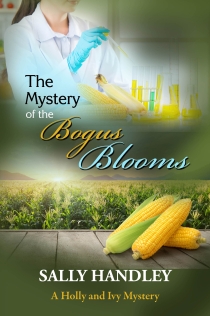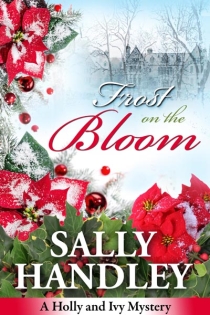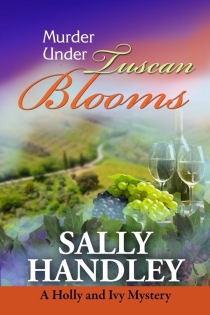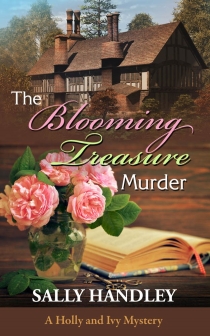A science fair project vandalized, a warehouse explosion and two dead bodies.
In this sixth book in the Holly & Ivy cozy mystery series, Holly Donnelly gets invited to speak about home-composting at Pineland Park Community College’s Eco-Fair. The last thing she and her sister Ivy expect is to become involved in, not one, but two murder investigations.
In this sixth book in the Holly & Ivy cozy mystery series, Holly Donnelly gets invited to speak about home-composting at Pineland Park Community College’s Eco-Fair. The last thing she and her sister Ivy expect is to become involved in, not one, but two murder investigations.










